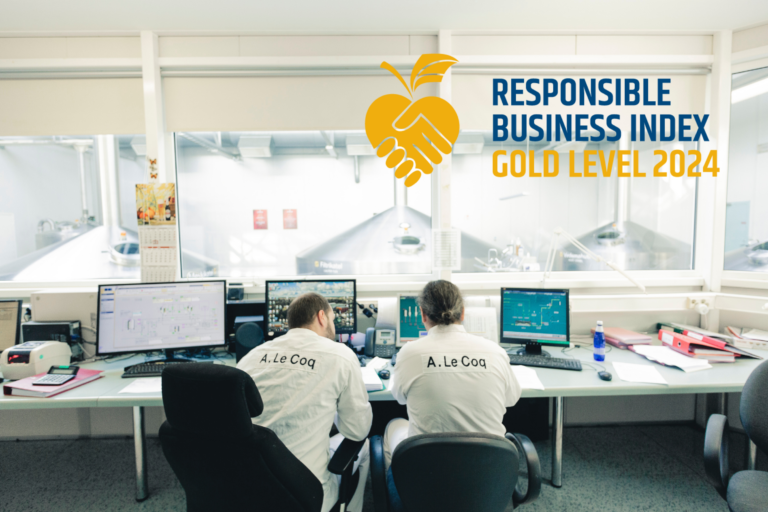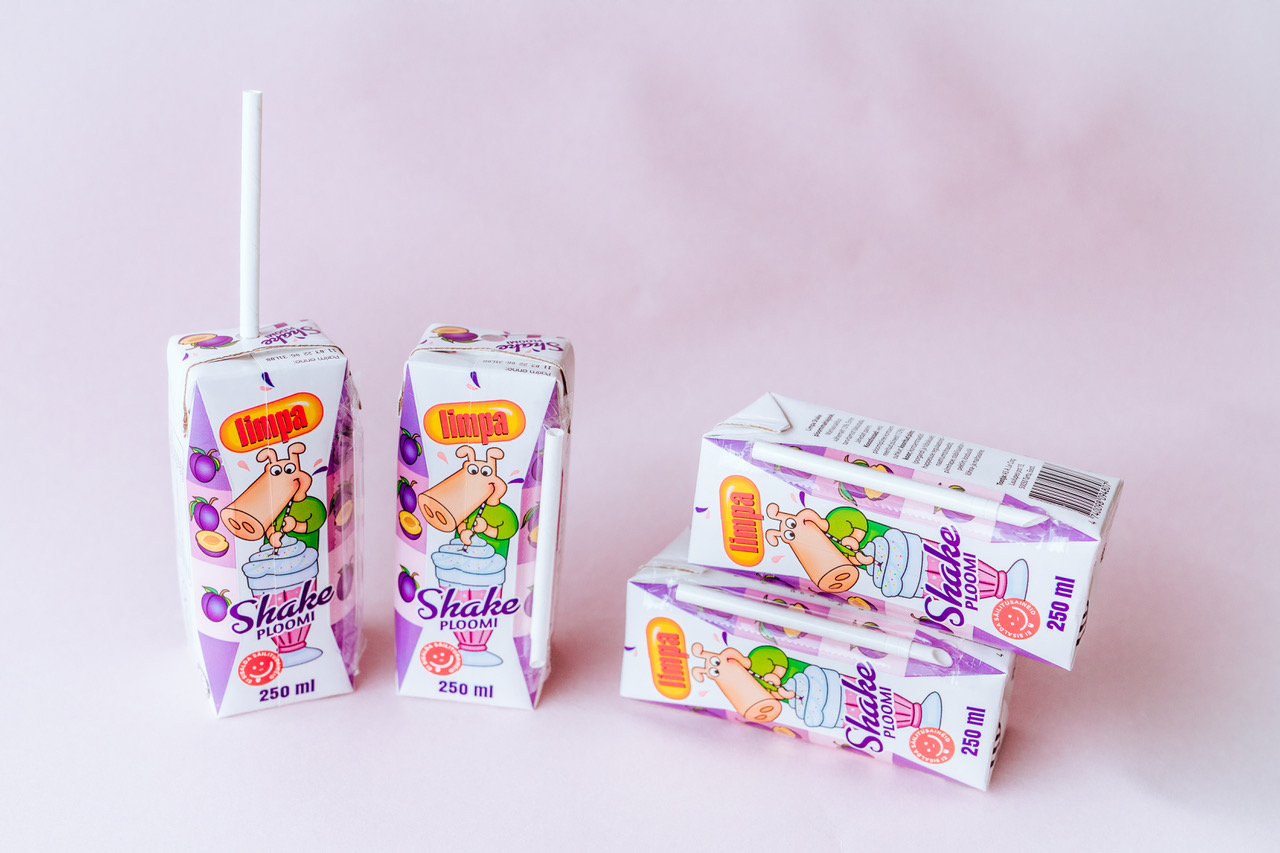


A. Le Coq is the first in Estonia to replace all juice pack straws with an alternative made of paper. Last week, the first test batch of Limpa straw drinks with innovative biodegradable paper straws was produced at the Reola production unit. Gradually, plastic straws will be replaced in all Limpa juice drinks and smoothies. With this step, nearly 4.1 million plastic drinking straws will be eliminated annually.
According to Tarmo Noop, the CEO of A. Le Coq, the test production went well, and the first 15,000 Limpa Shake plum juice with paper straws will be available on store shelves next week. “Hopefully, consumers will embrace this environmentally friendly innovation, and we can smoothly transition to paper straws starting from May,” Noop said.
A. Le Coq has been preparing for paper straw testing and production for a long time, but the trials by the straw manufacturer took longer than planned. The developed paper straw ensures convenient consumption while also contributing to environmental sustainability. The hygiene protection wrapper for the paper straw remains attached to the packaging and can be recycled together with it. The transition to paper straws as one of the first in the industry is part of A. Le Coq’s commitment to making the world a better place for future generations and reducing global pollution.
As of July 3rd this year, a ban on certain single-use plastic products will be enforced based on a decision by the European Parliament. These categories include cotton bud sticks, cutlery, plates, straws, stirrers, balloon sticks, expanded polystyrene food containers, and expanded polystyrene drink cups and containers. Plastic micro-waste is one of the main concerns of marine pollution which makes up for over 80% of marine litter. Due to its slow degradation, plastic waste accumulates in the sea and on beaches. Plastic debris has also been found in marine animals such as seals, birds, fish, and crustaceans, eventually making its way back to human food consumption.

